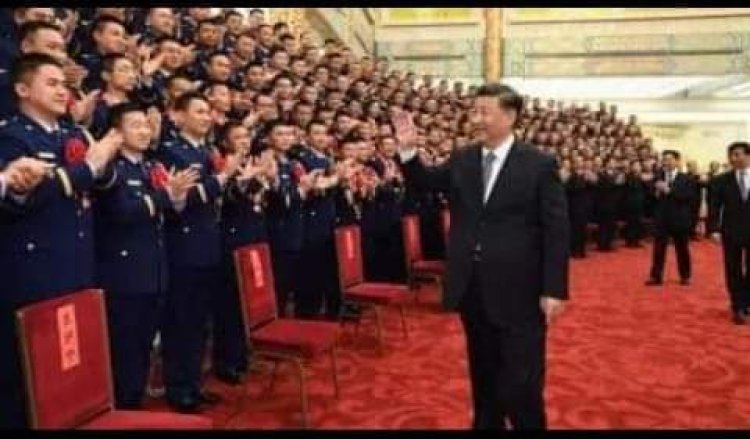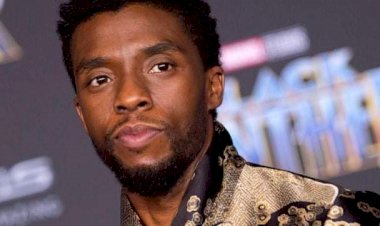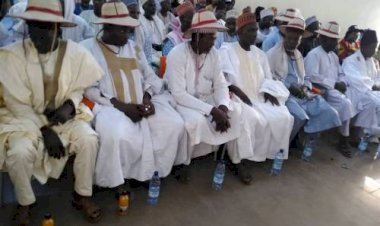China: President Xi turbo boosts power to allow indefinite rule

The streets in Beijing were not buzzing with news of a historical resolution on Friday. Many might not have even read or heard of it at all. Life, for now, continues as normal.
But if not now, then in years to come people will feel the impact of this landmark decree agreed behind the closed doors of their government's Sixth Plenum.
President Xi Jinping has placed himself on a par with China’s most powerful leaders - Chairman Mao Zedong and President Deng Xiaoping. They are the only two to have used resolutions to stamp their authority.
In 1945, Mao used a resolution to set the tone for his authoritarian agenda and to unify the country. In 1981, Deng used his to put the nation on the path to economic prosperity, and to acknowledge the ruin caused in the latter years of Mao’s rule.
In 2021, Xi has used the same political tactic to enshrine his narrative of those eras and "100 years of Communist Party success”. It presents Xi as the man who has “promoted historic achievements and historic changes".
The resolution also ensures Xi can rule indefinitely. He has already scrapped term limits, but it is all but confirmed he will assume a third term when the party convenes for its much-lauded 20th Party Congress this time next year. The president, who has already been given the title "core" of the party, was declared the key to achieving the great rejuvenation of the Chinese Nation.
The rise and future success of China has been firmly pegged to Xi, and vice-versa.
Slowly but surely since coming to power in 2012, President Xi has been laying the foundations for this moment. For several years (likely even before he took office) he has been crafting the details of “Xi Thought for the modern era” which will - and has already started - to shape Chinese politics and society for years to come.
It permeates through every level of society, with Xi calling for the instruction of revolutionary traditions to start with toddlers. Ahead of this year’s 100th Anniversary of the Chinese Communist Party, he demanded the ‘red gene’ be infused into the bloodstream of the next generation. This intense effort to unify thinking and indoctrination of socialism is delivered in classrooms, through films, TV series and even in workplaces.
Xi has proved himself to be a shrewd and successful leader. He has won great support for his anti-corruption campaign, for steering the country through the Covid-19 pandemic, for eradicating poverty and challenging global order.
This turbo boost to his power comes at a time when the country is facing an energy crisis that is threatening economic growth, and is again battling to conquer sporadic coronavirus outbreaks and when trust in China appears to have hit a particularly low point.
Human rights organisations have called for a boycott of the upcoming Beijing Winter Olympics over allegations of genocide in Xinjiang and the repression ushered in by a national security law in Hong Kong.
The president's repeated assertion that Taiwan will be "reunified with the Motherland" by peaceful means, or otherwise, has triggered global concern that his rapidly modernising military is poised to invade.
Then there’s the matter of climate change coming to the fore at COP26 with President Joe Biden calling Xi out for not even bothering to show up in Glasgow.
But when you’ve amassed the kind of power Xi has over the most populated nation in the world, much of that criticism fails to land.
How can he fail to be assured in his actions when state media this week told the world, via Twitter, that Xi is “a man of determination and action, a man of profound thoughts and feeling, a man who inherited a legacy but dares to innovate"?
Source. ITV News


















































